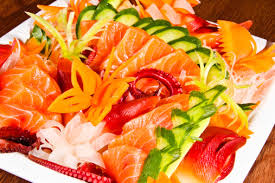 Dance,
Dance,  See Films, and Read Global Literature
See Films, and Read Global Literature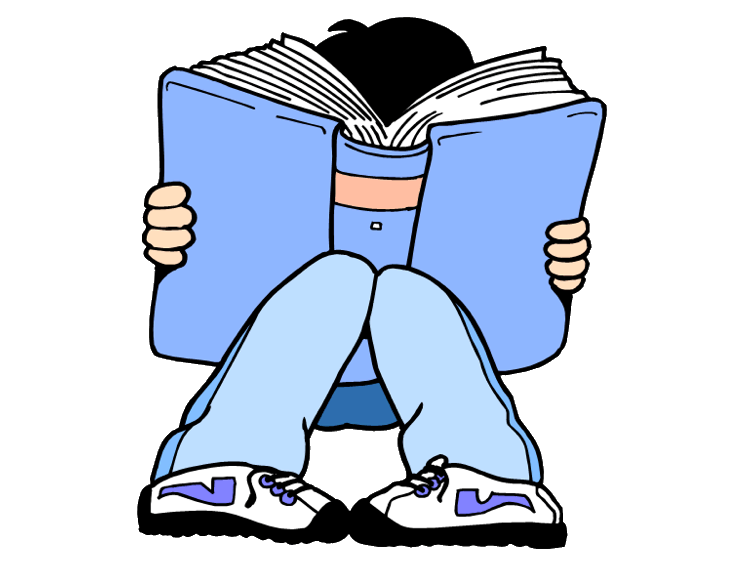 : A multidisciplinary, multi-sensual approach to world culture of the past three centuries
: A multidisciplinary, multi-sensual approach to world culture of the past three centuries 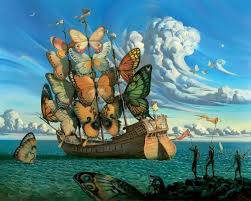 www.nyu.edu/classes/keefer email julia.keefer@nyu.edu
www.nyu.edu/classes/keefer email julia.keefer@nyu.edu
 Dance,
Dance,  See Films, and Read Global Literature
See Films, and Read Global Literature : A multidisciplinary, multi-sensual approach to world culture of the past three centuries
: A multidisciplinary, multi-sensual approach to world culture of the past three centuries  www.nyu.edu/classes/keefer email julia.keefer@nyu.edu
www.nyu.edu/classes/keefer email julia.keefer@nyu.edu
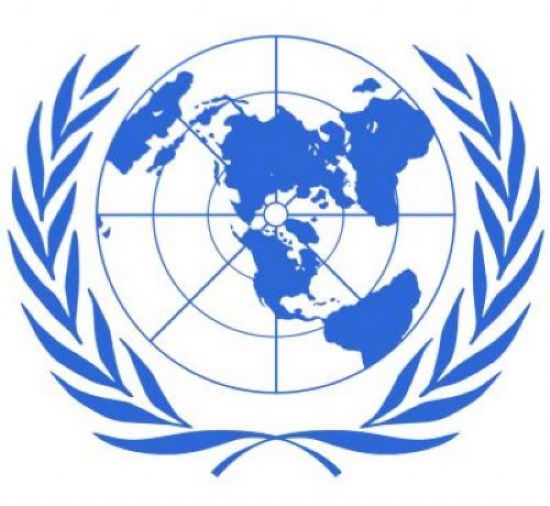 What is Modernity and how does it bleed and blend into contemporary global culture?
What is Modernity and how does it bleed and blend into contemporary global culture?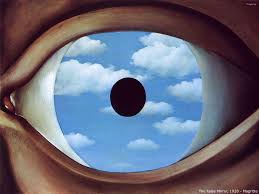
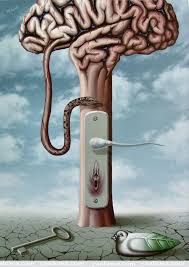
COURSE DESCRIPTION: Through the study of global literature and dance from the late eighteenth century to the present we will examine artistic expression from Neo-classical to Romantic, Naturalistic, Modern, Minimal, Postmodern, and Contemporary in terms of form and the varying content that reflects the growth of democracy, industrialization, capitalism, colonialism, fascism, communism, terrorism, feminism, human rights, globalization, and environmentalism. We will compare the choreography of Tudor, Balanchine, Martha Graham, 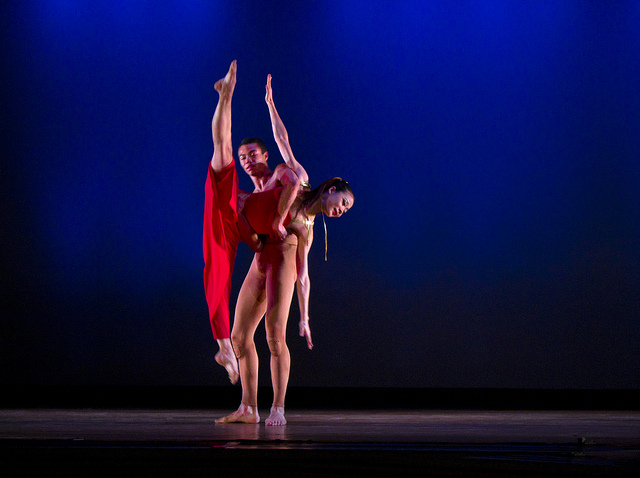 Erick Hawkins, Isadora Duncan, Merce Cunningham, Trisha Brown, Robert Wilson and the Judson Theater,
Erick Hawkins, Isadora Duncan, Merce Cunningham, Trisha Brown, Robert Wilson and the Judson Theater, 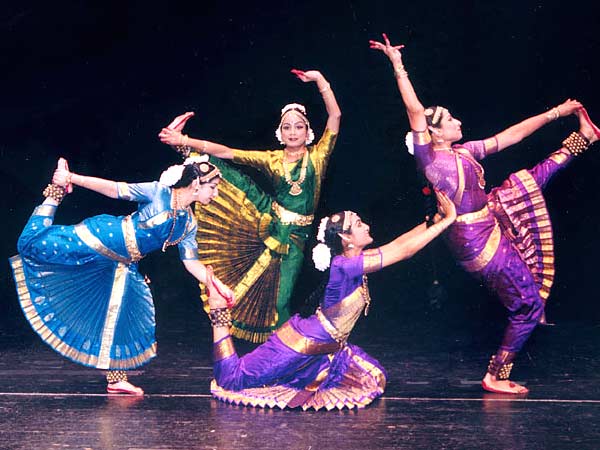 ethnic and indigenous dance like Arabic belly dance, hip hop, Latin, and Native American dance, and asynchronous contemporary dance
ethnic and indigenous dance like Arabic belly dance, hip hop, Latin, and Native American dance, and asynchronous contemporary dance 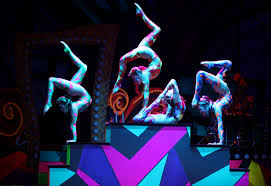 with the literature of Salman Rushdie, Oscar Wilde, Virginia Woolf, Joyce, Hemingway, Jean-Paul Sartre, Ionesco, Orhan Pamuk, Joyce Carol Oates, Tahar ben Jelloun, Dai Sijie, Gao Xi Jiang, De Lillo, Safran-Foer, Anchee Min, Naguib Mahfouz, Alan Lightman, and Jorge Luis Borges and a special poetry packet to analyze how rhythm, resonance, tone color, metaphor and figures of speech, pitch, and effort-shape qualities are similar in the various media.
with the literature of Salman Rushdie, Oscar Wilde, Virginia Woolf, Joyce, Hemingway, Jean-Paul Sartre, Ionesco, Orhan Pamuk, Joyce Carol Oates, Tahar ben Jelloun, Dai Sijie, Gao Xi Jiang, De Lillo, Safran-Foer, Anchee Min, Naguib Mahfouz, Alan Lightman, and Jorge Luis Borges and a special poetry packet to analyze how rhythm, resonance, tone color, metaphor and figures of speech, pitch, and effort-shape qualities are similar in the various media.
Optional New York cultural events will include a poetry reading, literary event, and dance concert at the 92Y and/or NYU area, and a visit to the American Wing and other relevant places at the MET, and walking tours to Inwood, Harlem, UES, Central Park, El Barrio, and the Museum of the City of New York with the Literary Club. We will savor global food and discuss how taste applies to global and ethnic literature and dance. Professor Keefer will discuss her e-book Carving Your Story where she compares the construction of a ficitonal work, be it drama or a novel, with preparing a meal.
COURSE REQUIREMENTS: Weekly analysis submitted to NYU Classes Drop Box in Resources every week. Mandatory participation in terms of oral presentations, acting out plays, reading poems aloud, animated discussion etc. Optional events evenings or weekends.
Thread all CTs into CF Journal with observations and personal essays and questions and preferences and style. CT is short for Close Textual Analysis. One of the course objectives is to improve writing and reading skills through close textual analysis.
Final is at least 20 pages and consists of at least 8 edited and expanded CTs and the semiotic analysis of at least two dance performances (or dance photos or sculptures) of contrasting styles.
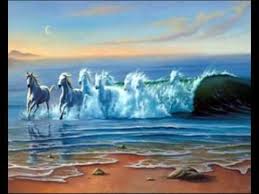
READING LIST: I will give out a packet of poetry looking at these different styles from Alexander Pope, Blake, Shelley, Keats, Wordsworth, Coleridge, Browning, Dickinson, Whitman, Baudelaire, Yeats, T.S. Eliot, Robert Frost, e.e. cummings, William Carlos Williams, Adrienne Rich, Billy Collins, Anne Carson, Molly Peacock, Paul Violi, et al. We will use this packet to compare to different styles of dance, music, and set design. We will look at dance films and attend dance concerts.
The following questions frame our literary study using novellas, a few novels, and plays as examples. Choices will be made to suit each class so the following list is twice as long as what you will actually read!
1) How does one become an artist? What kind of space and time are needed? Joyce’s Portrait of an Artist as a Young Man and Woolf’s A Room of One’s Own 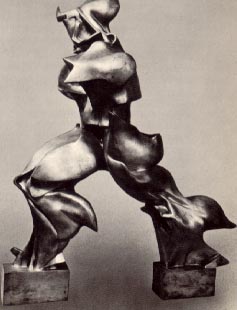
2) For whom does one write, dance, paint, play music etc.? What is “transference?” Ionesco’s The Lesson. How do literary communities form? Hemingway’s A Moveable Feast
3) Who determines the standards of beauty? Orhan Pamuk’s My Name is Red
4) How and why do standards of beauty change?  What is taste?
What is taste?  A week of culinary and dance delights.
A week of culinary and dance delights.  Bring your favorite poems and treats.
Bring your favorite poems and treats.
5)What illusions and delusions are created in the representation of art? The Picture of Dorian Gray by Oscar Wilde or Labyrinths by Jorge Luis Borges 
6)How do storytellers change the timeline of the story via narrative voices and sequencing? Tahar ben Jelloun’s The Sand Child, My Name is Red, Akhenaten
7) How can three characters create hell observing unities of time, space, and action? Jean-Paul Sartre’s No Exit 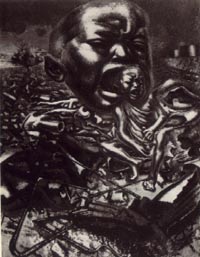 Black Water by Joyce Carol Oates
Black Water by Joyce Carol Oates
8) How do typography and visual prosody change the message? Extremely Loud and Incredibly Close by Jonathan Safran Foer and ee cummings poetry
9) What is the difference between great art and popular art? Choose your own literary bestseller week and contrast local with global appeal.
10) Why do societies censor literature or art? Dai Sijie’s Balzac and the Little Chinese Seamstress and/or One Man's Bible and/or God Dies by the Nile by Saadawi and/or Red Azalea  How does didactic art differ from amusing ourselves to death?
How does didactic art differ from amusing ourselves to death?
11) What has modernity done to time?
 Proust's Swann's Way and Lightman's Einstein's Dreams
Proust's Swann's Way and Lightman's Einstein's Dreams
BREAKDOWN 30 classes 75 minute sessions twice a week
WEEK ONE: Poetry packet distributed and explained. Lecture on styles in poetry and dance. See a dance film. Begin writing your cultural foundation journal explaining your background and aspirations, likes and dislikes.
WEEK TWO: How does one become a writer, dancer, or artist? Portrait of an Artist as a Young Man.
WEEK THREE: Who writes where and what? Woolf. What kind of room do you have?
WEEK FOUR: Lecture. For whom? Act out The Lesson. Read Rushdie's Haroun and the Sea of Stories.
WEEK FIVE: Literary and artistic communities. What is taste? A Moveable Feast.
WEEK SIX: Illusion and Delusion: Picture of Dorian Gray or Labyrinths.
WEEK SEVEN: Characters confined in space and time.. Sartre’s No Exit. Read Black Water by Oates.
WEEK EIGHT: Poetry and Dance. Midterms—at least 4 expanded and edited CTs and one semiotic analysis of a dance concert threaded with your personal essay on building your cultural foundation. Compare and contrast as much as possible.
WEEK NINE: Narrative voices and sequencing—Tahar ben Jelloun’s The Sand Child or Akhenaten.
WEEK TEN: Standards of Beauty. How do taste and style reflect beauty, or not? My Name is Red by Pamuk.
WEEK ELEVEN: Distortions of time in Swann's Way by Proust and Einstein's Dreams by Lightman
WEEK TWELVE: Jonathan Safran-Foer’s Extremely Loud and Incredibly Close, or Don De Lillo’s Falling Man--postmodernism and terrorism.
WEEK THIRTEEN: Censorship: Dai Sijie’s Balzac and the Little Chinese Seamstress or Red Azalea or God Dies by the Nile or One Man's Bible
WEEK FOURTEEN: Developing taste. What do you like and dislike? Review the poetry packet.
WEEK FIFTEEN: Last week on poetry and dance. Try one creative activity! Or choose your favorite literary bestseller not on the list and explain its global and local appeal.
Conferences. Final papers and presentations.
Qualifications of Professor to teach this course: Professor Julia Keefer, PhD, CSCS, M.A., M.A., has been teaching global literature for the past 25 years at NYU on site. She has been teaching online since 1999--Writing Workshop II synchronous and asynchronous, Screenwriting, Literature, and Classics of the Canon hybrid. She is founder and editor of the Journal of Online Education since 1999, the Journal on Terrorism and Un-Clashing Civilizations since 2001, and EvergreenEnergy for Health, Humanities and the Environment since 2005. She is co-Founder and Coordinator of the New York Literary Club at NYU McGhee and coordinated Ecoliterature and the Global Economy (12/2009), The Landscape of Publishing (6/2010), Censored Literature Symposium (12/2010) and Creativity, Dissidence, and the Egyptian Revolution with Dr. Nawal el Saadawi (3/2011), Literary Halloween 2011 at the NYU Bookstore, The Symposium on Global Literature, Leadership, and International Relations March 2012, an Ecodisciplinary Conference for April 5, 2013 and the Kingsolver Skype retrospective on February 26, 2014 in conjunction with the Literary Club and her Wednesday spring 2014 class Nature in the Literary Imagination.
Professor Keefer grew up comparing and contrasting different cultures. She is bilingual French/English, was born in Montreal and went to British private schools. Her mother was from Macon, Georgia and after spending much time in the southern states, Professor Keefer was better able to compare American and Southern Gothic literature to the British and French canon. Her stepmother from Colombia, South America is a friend of Gabrial Garcia Marquez. Professor Keefer's father spent the seventies doing business in Communist China and the Soviet Union so she is intimate with the struggle between individualistic writers and the propaganda produced by these fascist governments. Her brother speaks Chinese and has given her all the Peking Revolutionary Operas. Before becoming a professor, Julia Keefer worked in Public Relations at Penguin Books. Professor Keefer has traveled all over the world attending conferences, studying at universities, doing research, and presenting papers. In October 2013 she was the moderator for a prestigious panel on creativity for the Screen Actors Guild. She published an article on Literature and Terrorism in the Penn State Comparative Literature Review in spring 2015, chaired an NEMLA session on Global Literature and Terrorism and presented her own paper at Hartford in spring 2016. She gave a lecture on Orhan Pamuk's Istanbul for the Van Alen Architectural Institute in spring 2016. She reviewed a screenwriting adaptations text for Bloomsbury Publishing in October 2016.
Professor Keefer has a PhD in Drama from NYU Tisch, a Masters in French Literature from La Sorbonne, Paris where she majored in contemporary French literature, particularly existentialism and Theater of the Absurd, and another Masters in Oral Interpretation of Literature from Emerson College where she focused on the drama and poetry of the British and American canon. She also has a plethora of medical licenses and health/fitness certificates which enable her to teach Literature and Medicine and/or Literature and Science.
In the nineties, Professor Keefer published fiction in three Doubleday anthologies along with Ray Bradbury, Isaac Asimov et al. In the 21st century she published a trilogy, Part II of which focuses on the aftermath of 9/11 and trips to the Middle East and North Africa--Un-Clashing Civilizations. Professor Keefer is an external PhD Adviser for Al Azhar University in Cairo, an adviser to another PhD student in Tehran, Iran, and an external assessor for the Humanities division of the University of Malaysia. She has presented papers on online pedagogy, media theory, and narrative voice and sequencing at MIT Media in Transition conferences (1999 and 2005) and University of Hawaii online conferences. She gave a paper on screenwriting in Marrakesh, Morocco. Most pertinent to this course, she presented a paper on Literature and Terrorism in 2008 at the University of Westminster, London and wrote a review on literature and terrorism for the Penn State Comparative Literature Revue 2013. Professor Keefer is a member of PEN America and helps out with the annual World Voices Festival. She teaches creative writing and screenwriting in PEN's Prison Writing program. She has met most of the contemporary writers in this course, including Salman Rushdie, Orhan Pamuk, Leslie Marmon Silko, Alan Lightman, Nawal El Saadawi, Naguib Mahfouz, Joyce Carol Oates, Toni Morrison, Atiq Rahimi, Tahar ben Jelloun, Azar Nafisi, Anchee Min, Dai Sijie et al. She has taken seminars on creative writing, literature, and translation at the 92Y and Writers Voice and worked closely with Edith Grossman, the award-winning translator of Nobel Prize winners GG Marquez and Vargas Llosa.
Professor Keefer also has an extensive background in dance and fitness, wrote a book on modern dancers Erick Hawkins, Graham, Duncan et al as part of her graduate studies, and performed in the Isadora Duncan Company and various belly dance troupes. She still takes classical ballet classes every week at Steps and Ballet Arts and teaches a plethora of movement and fitness classes at NYU and Equinox and the Y.
Professor Keefer is working on a trilogy of three novels narrated by sedimentary, metamorphic, and igneous rock as well as a collection of poetry and expository essays on death, disease, and exile. She continues to edit her three international online journals, attend conferences, and volunteer for the Literary Club. She recently wrote a chaper "Aristotle's Triple Threat Legacy" in an international public speaking textbook. In 2013 she won the NYU SCPS award for Outstanding Service. It is her pleasure to teach to NYU students around the globe.